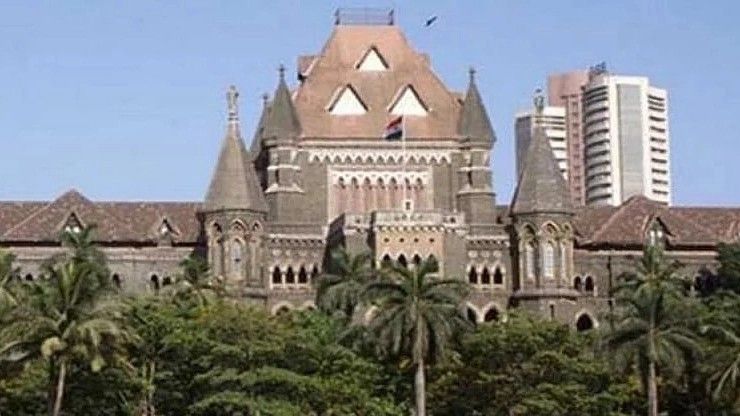
The Bombay High Court has rejected the per-arrest bail plea of a man accused of stealing petrol from the pipeline of Indian OilTanking Limited at Nhava Sheva port, observing that stealing petroleum-based fuels adversely affects the country's economy.
The court, while rejecting the plea, noted that the accused, Ahmed Khan, was the main conspirator.
The HC was hearing a plea filed by Ahmed Khan seeking pre-arrest bail in a case registered by Nhava Sheva Police Station, Navi Mumbai, early this year for allegedly stealing 13,000 litres of petrol worth Rs13.90 lakhs. The case was registered under various provisions of the Essential Commodities Act, the Petroleum Act, and the Bharatiya Nyaya Sanhita.
Khan’s advocate Sandeep Waghmare submitted that the applicant is in the business of fish farming. Also, he has neither been named in the FIR nor was he present at the spot. The co-accused, who committed the alleged crime, have been released on bail. Moreover, Khan has no criminal antecedents and has been falsely implicated in the present crime solely based on the co-accused’s statement.
State’s advocate Amit Palkar contended that the offence is severe, and Khan and his father, who are currently absconding, are the masterminds behind the crime. He points out that at Khan’s instance, the co-accused rented the tanker in question from Girish Patil, tapped the pipeline and stole petrol. Although Khan was not present at the spot, he monitored the incident from a distance and actively participated in the crime. He also has criminal antecedents. As the investigation is ongoing, the applicant’s custody is warranted to ascertain the details of the persons involved in the crime, Palkar added.
The court noted that Khan appears to have “orchestrated the offence”, and despite him not being present at the site, he “monitored the theft from a distance”. It added that the material on record prima facie indicates that Khan actively participated in and benefited from the crime.
“Stealing petroleum-based fuels has an adverse impact on a country’s economy, contributing to rising fuel prices, a reduction in revenue from taxes, and illegal trade. The applicant seems to be the linchpin of the offence, and his custody would be necessary to uncover the illicit network of the unlawful fuel trade,” Justice RN Laddha said on November 18.
Noting that the court must exercise careful and prudent discretion when deciding whether to grant anticipatory bail, Justice Laddha said there is “no one-size-fits-all approach”. “Caution is necessary, as granting protection in serious cases could potentially hinder investigation or lead to miscarriage of justice by allowing tampering with evidence,” the judge added while rejecting Khan’s plea.